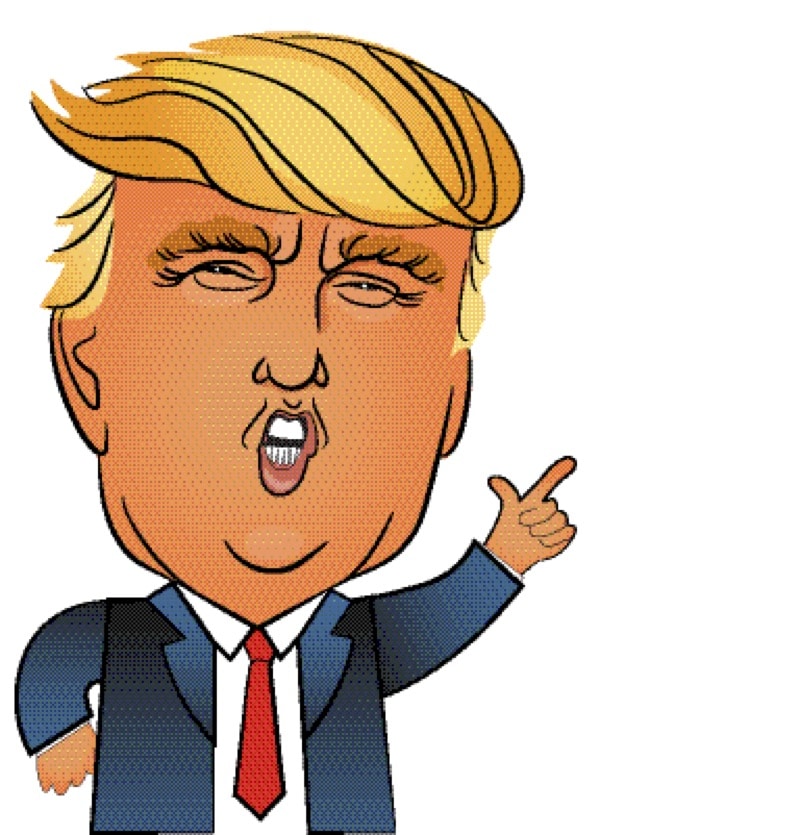 Reading Time: 2 minutes read
Reading Time: 2 minutes readHow Ted Cruz’s Iowa win proves that the only thing reliable about modern political polling is that it is completely unreliable.
In the lead up to the 2016 Iowa Caucus, the Republican candidate that stole all the headlines was Donald Trump. Media reports constantly covered the real estate mogul’s every soundbite, and consistently assumed that he was the Iowa frontrunner. In almost every poll before the election, Trump held a consistent lead over all of his opponents. In the last poll before the Iowa Caucus, NBC/ Wall Street Journal/ Marist poll had Trump leading Ted Cruz 32% to 25%. Quinnipiac poll had Trump leading Cruz 31% to 24%. Even the Des Moines Register/Bloomberg Politics survey, often considered the most respected poll in Iowa had Trump ahead of Cruz 28% to 23%.
However after Iowa Caucus was all said and done, it was not Donald Trump who came away with an Iowa win, it was his lesser known rival. Ted Cruz won Iowa with 28% of the vote and Donald Trump came in second with a little more than 24%. However, putting this election into perspective, there has been a historical trend of pollsters getting the Iowa Caucus wrong. In 2012, Newt Gingrich was the leading candidate in numerous final polls, but handily lost the Iowa Caucus to Rick Santorum. In 2008, polls had a dead heat between Mitt Romney and Mike Huckabee, but it was Huckabee who won handily. And who could forget in 2004, when Howard Dean had a substantial lead in the polls a few days prior to the Caucus only to come in a distant third place.
Presidential polling does not give an accurate sentiment of voters and are consistently unreliable at predicting the actual results of elections. Of the six competitive Iowa Caucus since 2004, the majority of pollsters have been outside the margin in four contests. Hillary Clinton in 2016 and Barack Obama in 2008 were the contests that the majority of pollsters got correct.
The Influence of Polling
There is a real danger with the influence of modern polling. Candidates in this election have been rewarded with their high poll numbers, which we are finding may or may not be accurate. An excellent example of this is with the January 14th Republican debate in North Charleston. At the time, there were 10 candidates taking part in the debates. Because there was so much crowding in the Republican field, Fox Business News broke the debates up. The seven top Republican candidates based on the latest national, Iowa and New Hampshire polling were to feature in the primetime slot. The other three candidates featured three hours prior. Naturally the primetime debate was viewed by more people, had more social media mentions, and overall received significant more exposure. The worry becomes that if there is bias in the polls, a candidate who may be worthy to speak at the primetime debate would unfairly have to be apart of the lesser debate. Tune in tomorrow for part two of our two-part election special, we’ll be discussing why election bias occurs.
In the meantime, take a look at some best practices when creating a survey. Click Here.









